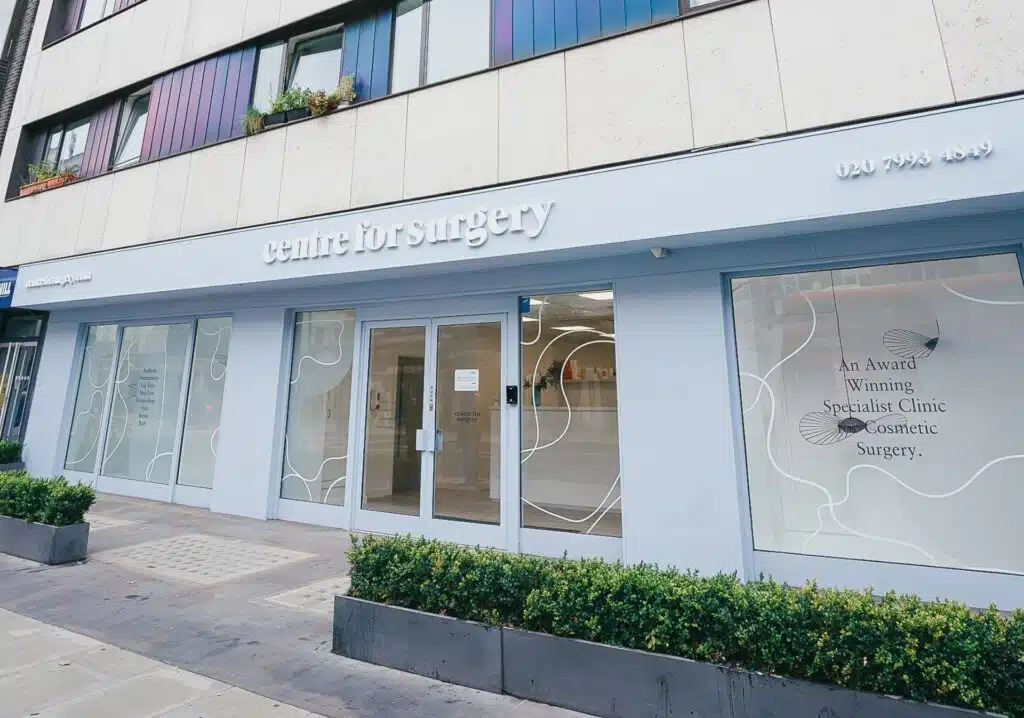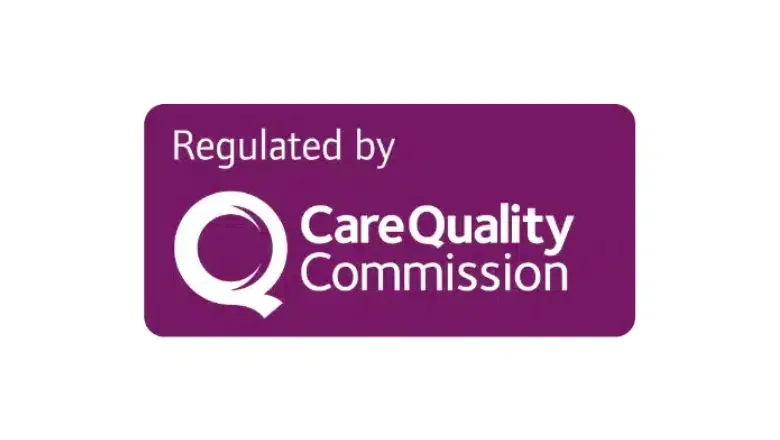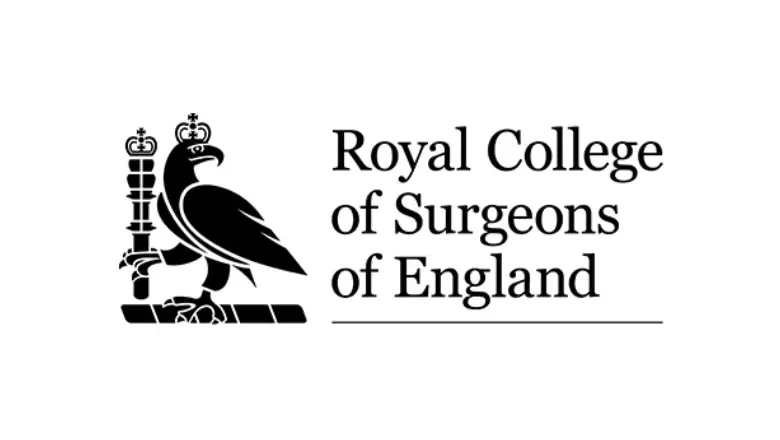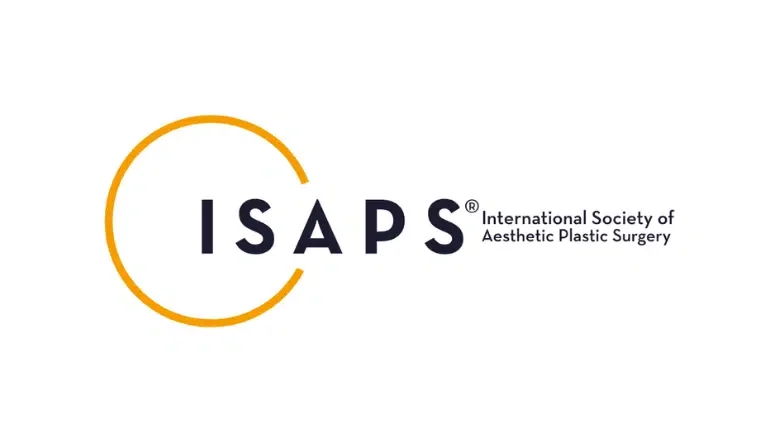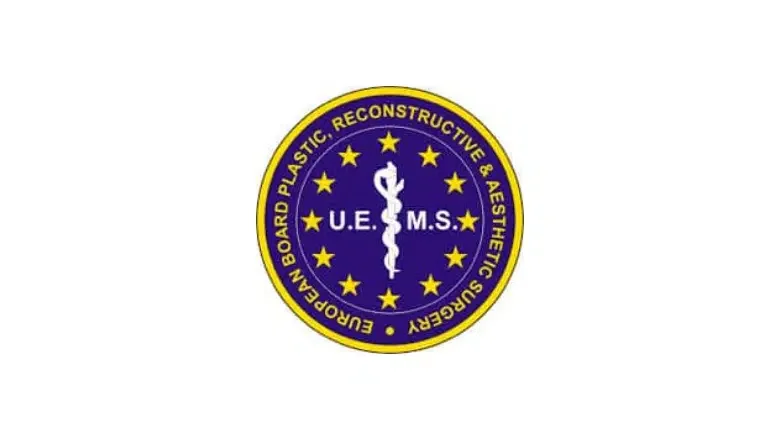When considering cosmetic surgery, one of the main concerns a patient often has is the recovery period. How much discomfort to expect, how long will it take, and when can I go back to work? There is a seemingly endless list of questions you can think of that involves recovery.
We all want to have a smooth, speedy recovery following our cosmetic procedures. Fortunately, there are things you can do to ensure this.
1. Follow your surgeon’s instructions
This one may seem a bit obvious, but if you want to have the best recovery, the way to do it is by following the instructions your surgeon has said. There may be an excess amount of information available on the internet, but no one will be able to give personalised information quite like your surgeon. Your surgeon and the medical team will be able to give you medical advice prior to your surgery, which will help you to prepare for both the surgery and the recovery period. Following the procedure, you will be able to visit the surgeon if you have any concerns or questions. Remember – your surgeon can assess your body in person and knows your medical history. The internet doesn’t.
2. Avoid certain medications
Prior to surgery, you will be given a health assessment, during which you will be asked about your medical history. This will include whether or not you are taking any medications or herbal supplements. In some instances, you will be asked to stop taking certain medications and supplements. Some, such as blood thinners, may interfere with the procedure and cause complications during and after the procedure. Some may cause an increased risk of bleeding after surgery, while others may interfere with the anaesthetic given during the procedure. You will generally have to stop taking these two weeks prior to the surgery and at least two weeks after the procedure.
3. Avoid smoking
If you are a smoker, you will need to stop smoking at least two weeks prior to surgery, and two weeks after the procedure. Nicotine can cause the recovery period to be even longer and can increase the risk of complications, especially after breast augmentation. Smoking tests may be taken prior to surgery, and if the surgeon believes you are still smoking the procedure may be cancelled as the surgeon may consider it too risky.
4. Protect yourself from the sun
You may think it is a good idea to get surgery before going on a holiday. After all, that means you can spend the recovery period lounging around on a beach, right? Unfortunately, this isn’t quite the case. Sun exposure can not only cause skin damage but can cause hyperpigmentation at the incision site. If you are planning to spend lots of time outside following your procedure, make sure you wear SPF 50+ sunscreen and long clothing that will cover the incision site.
5. Sleep in the best position
You will need to get lots of rest following your procedure. However, you will also have to alter your sleeping position in order to get the best recovery. This altered position will vary depending on what type of procedure you had and where the incision was. Procedures such as breast augmentation, rhinoplasty or a tummy tuck will require you to sleep on your front. Meanwhile, procedures such as a fat transfer to the buttocks, also known as a Brazilian Butt Lift, will require you to sleep on your side or front. An otoplasty, or ear pinning, will mean you have to avoid sleeping on your side. If you have had facial surgery, you will be advised to sleep with multiple pillows, as this will keep your head elevated and help to reduce swelling.
6. Avoid strenuous exercise
You don’t want to overdo it at the gym right after your procedure. After all, you may be experiencing some minor pain and discomfort, and you do not want to cause any injuries to the incision site. Following your procedure, you will have to avoid any strenuous exercise. The exact timeframe for this will vary depending on which procedure you had, however, you may have to avoid vigorous exercise for six weeks. However, while you do need to get rest and avoid vigorous exercise, you will be encouraged to do light activities, such as walking or stretching. This is in order to avoid any blood clots forming. You should be able to start a light exercise regime after two weeks.
7. Stay hydrated
We all know water is good for us, and this is definitely the case during the recovery period after surgery. Drinking water will help you to keep healthy and hydrated. Make sure to drink eight glasses per day – and no, alcohol and sugary drinks don’t count.
8. Get some assistance
If you had surgery under a general anaesthetic, you would need to arrange for a responsible adult to drive you home after your surgery. However, you may wish to have someone accompany you at home for the first few days, as you may encounter difficulties with showering, dressing or moving around. If you have a procedure such as a tummy tuck, you will have to avoid heavy lifting, which includes lifting children. You will have to keep in mind whether you will need help with your children or whether you will be able to put them into childcare.
If you are wanting to have a speedy recovery after surgery, make sure you follow these tips. However, the best advice you can follow is always the advice given to you by your surgeon at Centre for Surgery.

